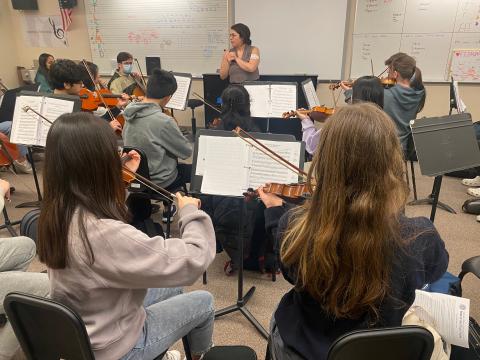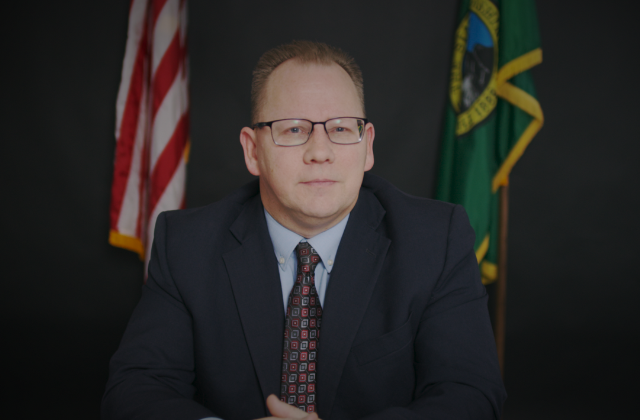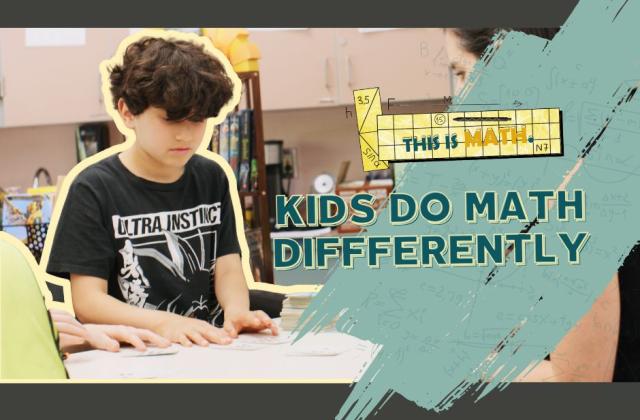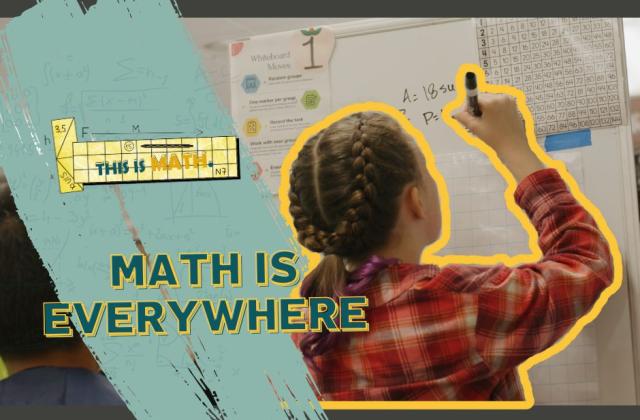Media Contact
Katy Payne she/her
360-764-0201
Editor’s Note: OSPI aims to elevate the authentic experiences of the students in Washington’s K–12 public schools. This story was written by a Washington state high school student participating in OSPI’s Student Stories Program. The author’s opinions, beliefs, and viewpoints do not necessarily reflect those of OSPI, and publication of this story does not constitute OSPI’s approval or endorsement of its contents. With questions, please contact OSPI’s Communications team at commteam@k12.wa.us.
Playing instruments with others in an orchestra has been on my wish list, and this has become true.
The orchestra program in my school is divided into four periods, with each composed of sections of violin, viola, cello, and double bass. We take orchestra as one of our classes during the day.
I play the violin in my orchestra. When I joined the orchestra last year, it was my first time in a few years to play the violin. When I watched orchestra class on my first day, I was fascinated by the harmonious sound of different instruments and the constant improvements made in class.
At the same time, I was frustrated at the intense desire and internal pressure to play well along with others that was conflicting with my skills. I didn’t feel ready enough to play along with others with full confidence and could not make my violin’s sound resonate. I consistently practiced fingerings, searched videos, and most of all, learned a lot from the class.
I have been learning something and making progress every day in the orchestra. Everything was something new to me and that I wanted to learn more about. Faced with a new piece, my class worked to count the rhythms by clapping, singing, and hearing. We practice how to convey and articulate each theme of the different pieces and sometimes notes in the pieces. For example, in the “Capriol Suite” by Peter Warlock, I could learn different bowing techniques and ways to articulate the nature of the pieces with distinct characteristics. We also learned to collaborate with others during the sectional times, which is a practice time within each section.

A little challenge for me has been keeping up with the rapid rhythms on the first day of getting the new piece without prior practice. This influenced me to focus on listening and remembering other sections. Along with this, learning in class and after class starting with smaller sections and slower beats, I could see my progress. It is worthwhile and also rewarding to find room for growth and work towards it. As time went by, the sound of pieces was filled with not only the music itself but also each with special meaning to me, including the time spent together as a class, combined rehearsals, practicing moments, and performances.
My favorite memory in the orchestra was performing at the school assembly, where we played “Lift Every Voice and Sing” on Martin Luther King Jr. Day. I found it meaningful to be able to share our work with our school community and to contribute to the honoring of Martin Luther King Jr.’s life and his work towards equity.
I also met many friends and have been having a joyful time in the orchestra. One of the valuable things from the orchestra is the camaraderie between my music stand partner, and orchestra members. During the time of putting music together every day, retreats, and sectional times, special bonds were created between us.
Moreover, orchestra class has allowed me to know and appreciate the value of being in the moment of music. I enjoyed fully focusing on the flow of music, where I found it as a place to let go of other thoughts, especially during stressful times, and give music full attention, which eventually became my source of relaxation in the end.
During my first orchestra concert, with the last piece to perform in front of us, my music stand partner asked me, “How is your first concert going?” This one short sentence came with a lot of meaning to me. Since the moment when I could not even believe I could play as a part of the orchestra, to my struggles and progress, here I was playing on the stage in the concert with friends who cared about me. In the few hours of the concert, we all made a considerable and earnest effort to harmonize with each section.
What I like about the music program in school is that we can make music part of our daily lives, and it is for everyone. With hectic schedules of academics and other commitments, it might sometimes be hard to dedicate consistent time to immersing fully into music. However, through orchestra class, music has become part of my life.
Beyond the music, I learned to believe in myself and sometimes to take patience with myself. Although I have a lot more room for improvement, the fact that I am making a lot of progress encourages and motivates me, not just in music but also at other times. My goal is to continue making orchestra part of my life in the future as well.
One point I want to make here is that it is never too late to start something new. It could be making new routines, playing new sports, learning new languages, starting a new career, and so on. Let yourself overcome the uncertainty and fear of initiation and your passion guide you to your aspirations.
Lastly, I would like to express my gratitude to my dedicated teacher who cared and helped me since the beginning of the orchestra, and my orchestra members with whom I have been making good memories. I also hope to make a positive impact on the orchestra as an orchestra council.
About the Author
Sein Kim (she/her) was born in South Korea and is in 10th grade in the Bellevue School District. She is interested in writing, psychology, chemistry, neuroscience, and more. She loves to work with children and motivate them through volunteering at various organizations. She is also involved in her school’s UNICEF Club to advocate for humanitarian aid for children around the world. Outside of school, Sein can be found playing the violin, writing, making Google Slides presentations, and spending time with her family. She hopes to inspire others through her writing.









